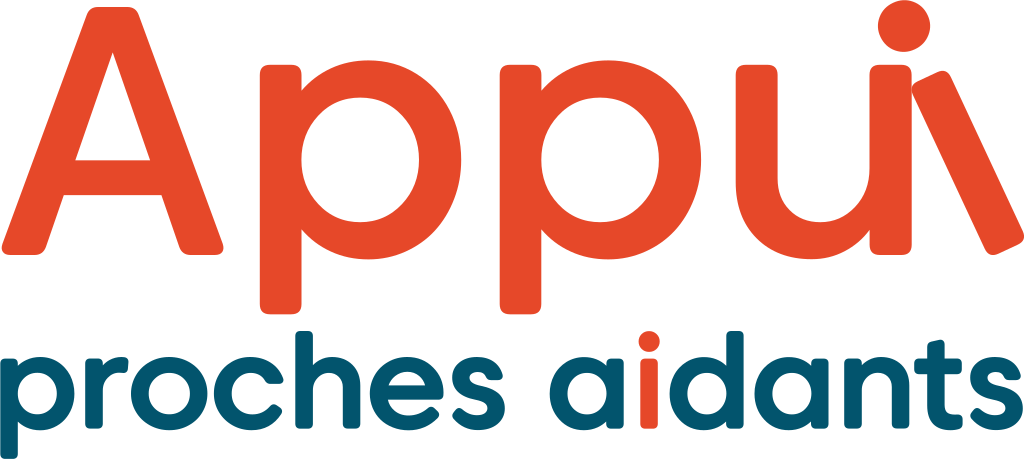What should I know about hearing impairment?
A hearing impairment is the presence of a hearing problem, or hearing disorder. The term “impairment” refers to a loss; it is also called hearing loss.
People with hearing loss may have problems communicating, which in turn can affect their social life and health, as well as their relationships with others.
Sometimes hearing loss combines with or amplifies other conditions. For example, hearing loss can accelerate a person’s cognitive decline (in French only).
The consequences of a hearing impairment can be significant, and in some cases can have an impact on the people around them:
- Physical impacts: fatigue, headaches, attention problems, hypertension, loss of balance, falls, tension, frustration;
- Psychological impacts: feelings of shame, loss of self-confidence, depression, anxiety, distress, difficulty concentrating;
- Social impacts: tendency to isolate oneself and/or to be isolated, giving up certain social activities, decrease in quality of life, difficult communication with family and friends, delayed language development in children.
One in six people (in French only) in Canada has a speech, language or hearing impairment.
Hearing loss as a physical impairment
Hearing loss is a physical impairment. There are a number of key resources available to assist you:
- In the CIUSSS, hearing impairment services, when available, are provided by the Centres de réadaptation en déficience physique (physical disability rehabilitation centres);
- The Office des personnes handicapées du Québec is a key resource for both you and the person you are caring for;
- In the public network, you can contact the ID-ASD-PD access point in your region, where “PD” stands for “Physical Disability.”
Diagnosis
If you are concerned about the hearing of your child or someone you are caring for, it is best to consult a professional; early diagnosis is important. Since 2009 in Quebec, the focus has been on screening newborns with the Quebec Newborn Hearing Screening Program (in French only).
The person you are caring for may be reluctant to be screened, or may even be in denial, especially when the communication demands of day-to-day life are high; a hearing loss can be stigmatizing.
Evaluation process:
Treatment
Currently, there is no treatment for people with hyperacusis. Sometimes patients wear earplugs all the time, at the risk of isolating themselves from the outside world.
For other hearing disorders, treatments vary depending on the type of disorder and the cause.
There are a number of devices and tools that can be helpful:
- Hearing aids are external devices that meet the needs of a person with a moderate hearing problem. An audioprosthetist is the best person to recommend a solution that is tailored to your specific needs;
- Hearing aids are devices to improve safety and communication with someone you are caring for: telephone amplifier, television listening system, door alarm or smoke detector, alarm clock, teletypewriter, etc. First, you must consult an audiologist and an ear, nose and throat (ENT) specialist to obtain a medical recommendation and then meet the eligibility criteria of the Régie de l’assurance maladie du Québec;
There are three types of surgery:
- Introduction of a temporary tube in the tympanic membrane. This tube helps to eliminate secretions in the ear. This surgery is mostly used for repeated ear infections among children;
- Reconstruction surgery of the tympanic membrane (graft);
- A cochlear implant is used to rehabilitate severe and profound deafness. The cochlear implant requires a surgical operation performed by a specialized surgeon. You must consult an audiologist and an ear, nose and throat (ENT) specialist to ensure eligibility and to begin the procedure.








